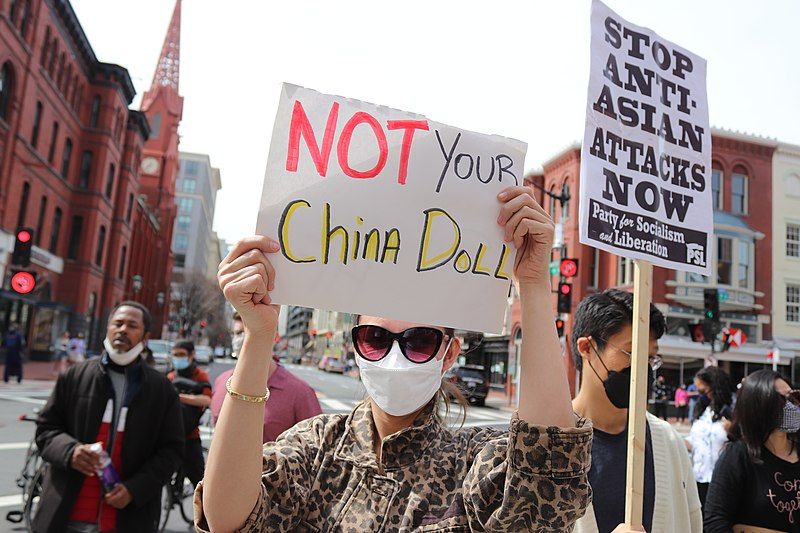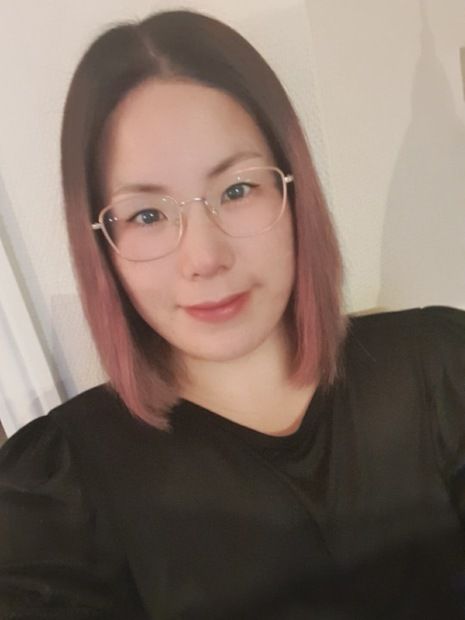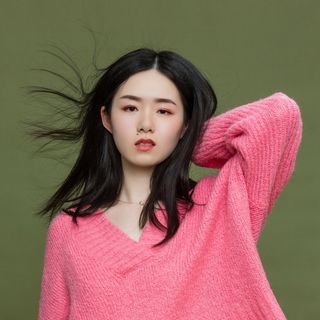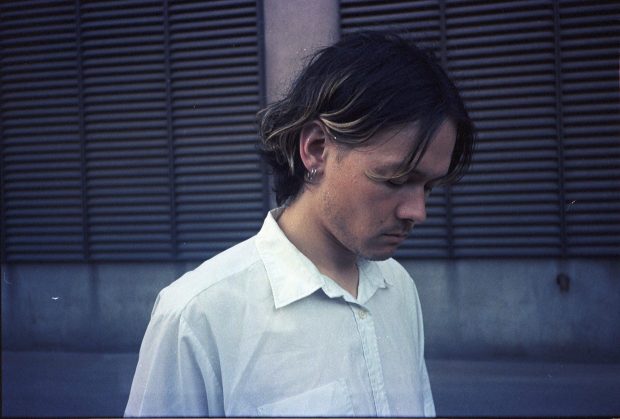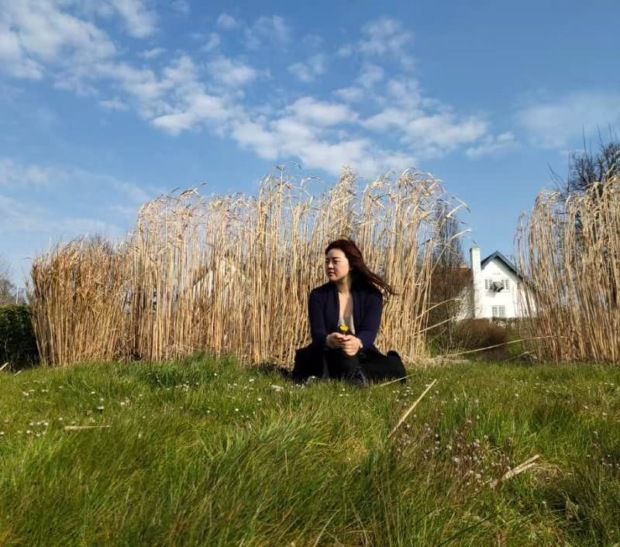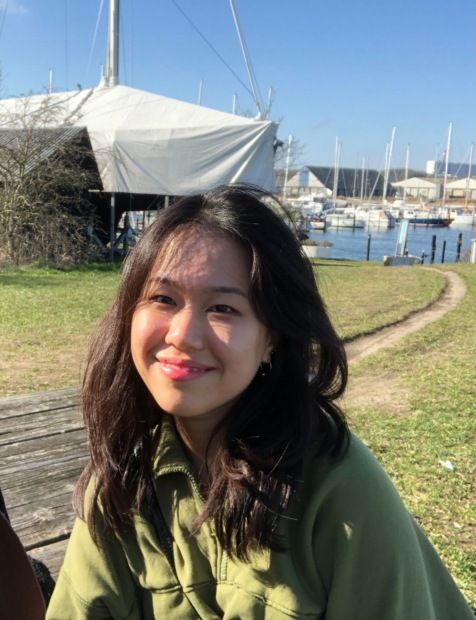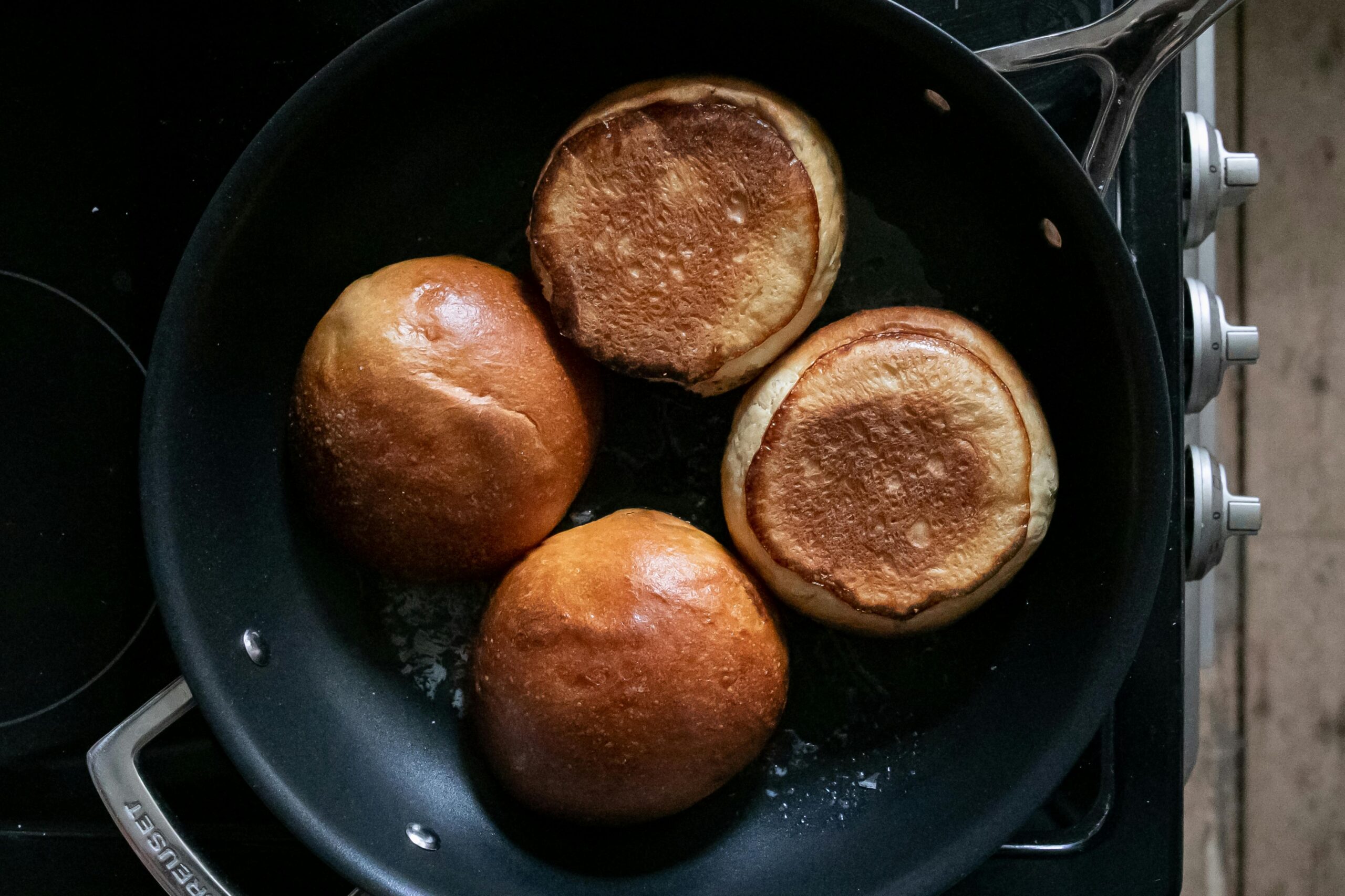Late at night at Copenhagen Central Station, the second lockdown is just around the corner.
It’s like half the town are enjoying one last rave. Only God knows when the next lockdown will end.
All I want to do is get home and rest up after the long train trip.
“Konnichiwa!” comes the call across the concourse.
Hotdogs with chilli
I don’t turn at first. But the Danish guy behind me continues yelling loudly until I do.
I give him a long speech (because, surprisingly, he listens), and he apologises, saying all he wanted to do … and that’s when he hands over a hotdog.
I can’t even begin to speculate how many Tuborg he’s chugged on, looking at the eight other hotdogs in his hands.
Ignorance from within
In truth, the longer this Korean has lived in Denmark, the more my resistance to racial slurs has grown to the point I can almost laugh at them.
Aggressive Chinese greetings from random passer-bys barely even provoke me anymore.
Sometimes the hardest barbs to deal with come from the ignorance of the people you know. But in the wake of the pandemic, awareness has been rising, and the discussion is now deemed worth addressing.
More awareness
Everyone I meet has a varying experience, but all agree that Denmark is not the worst country to live in as an East Asian.
Nevertheless, it shouldn’t take a tragedy like the one in Atlanta to build empathy.
These real-life examples of street harassment, microaggression, coping mechanisms and efforts to make Danish society a little better show we’re on the right track, but there’s still work to be done.
Racism against East Asians is not a myth.
Roselyne Min is a multimedia journalist from South Korea. She covered current affairs there until she decided to move to the Nordics five years ago, where she has lived in Sweden, Finland and Denmark. Her current fields of interest are Nordic culture and politics.
Heeyeon P Rasmussen
Nationality: Korean
Profession: Teacher
I’ve been living in Denmark for 15 years with my Danish husband and three kids.
Once at a job interview at a kindergarten I was told that I wouldn’t have a problem getting a job if I changed my name to Helle or Hanne. Their reasoning behind the ‘joke’ was that my name is too hard to pronounce for the parents and kids.
You might catch corona
As the pandemic dominated the world with uncertainty and fear, the situation got worse – I was waiting for a consultation at the municipality with my husband when a guy told my husband not to get too close to me because I might have corona.
It really upset my husband, but I told him to ignore it. I’m glad that it’s not as harsh here as in the States. However, I feel it in my skin that there are prejudices in Denmark too.
Anonymous
Nationality: Korean-German
Profession: Business graduate
When I first came to Denmark, I felt a bit like an outlier as it looked very homogeneous here. Where I come from, Germany, has relatively more racial diversity, including Asians. I rarely see any Asians in Copenhagen. Of course, I have to live with it because I decided to come to a foreign country. People in my social circle are generally supportive.
They call me Bruce Lee
There are comments I take more as a bad joke – not necessarily offensive or hurtful. I would be lying if I said it doesn’t bother me at all. But it’s not to the extent it ruins my day.
For example, I used to have slightly longer hair and wear a turtleneck often. Some people would call me Bruce Lee. It feels a bit weird because the intention is not bad at all, but how it comes across to me is a bit different.
However, random ‘Nihaos’ from strangers have magically disappeared since I moved to Denmark. In Germany, they happened to me a lot.
Raised voices
I’m sure the experience varies a lot among ethnic Asians. Although I rarely experience racism here, I grew up with it. Therefore, I will always support people who are subjected to it.
These days, people talk a lot more about it both in Germany and Denmark. It’s a race between you and the society: you become insensitive or grow resistance, or local people become more aware of racism as more voices speak up.
Cher Han
Nationality: Chinese
Profession: Student
Last spring, shortly after the epidemic broke out in Denmark, I was walking with my friends around Lyngby Sø.
A woman immediately covered her mouth with a scarf with an expression of disgust and fear on her face when she saw us.
No fluke
We met twice that day, and she did the same each time.
I was really angry and didn’t know how to fight back.
Anonymous
Nationality: Filipina
Profession: Journalism student
As a Filipina who has been living in Denmark for nearly a year, I’m no stranger to the stares that remind me that I am ‘other’.
My brown skin, black hair, almond-shaped eyes and the fact that I can’t speak Danish make it very clear to locals that I’m not from here.
And that has become even clearer since downloading Tinder.
Inhumane approach
I remember receiving a message from a man on Tinder once that read: “You’re such a beautiful mix.”
This offended me for two reasons. Firstly his assumption seemed to be that for me to be beautiful – as he seemed to think I was – I must have been a mix of two races. It’s safe to assume he thought the other half was Danish because he wrote to me in Danish.
Secondly, the message itself made me feel more like a rare or strange animal than a human being.
Terkel Atsushi Røjle
Nationality: Japanese-Danish
Profession: Musician
For too long, there has been too much bullshit – like that Asians are easy to integrate into a new society … a model minority myth. That halts you from raising your voice because you don’t want to seem like you are taking advantage of your position and playing the victim.
But now I see a positive change – a big wave of discussion regarding racism in recent years, from the BLM movement to corona racism to the unfortunate Atlanta shooting in which eight Asian women lost their lives.
I appreciate that there is a growing awareness because, especially, East Asians have been rather silent about this, preferring to reject any labelling of them as a minority.
It’s hard to talk about anything if you are not allowed to feel sorry for yourself. So in a way, this change is liberating as people can start to share their stories openly and accept themselves as they are without being afraid.
Switched on
Because people can tell I’m very Danish, I don’t get any racism directly as an adult. This doesn’t stop me educating myself via podcasts or other mediums and talking about it though.
Among others, I can definitely relate to the discourse of young Asians living in the west and worrying about their parents’ safety these days.
Of course, nothing physical would happen to my mom since it’s not common here, but I know some people might say something offensive or racial – and that worries me although she is, by all means, fully integrated and fluent in Danish.
Representation is key
When I work, I think a lot about representation. For example, I get a lot of inspiration from East Asia and I work with other Asian artists to show that there is an Asian artist scene in Copenhagen. I don’t think many people know that yet.
At times, though, it’s hard as some Danes are quick to judge if I show the Japanese side of me too much – “He is cheating. That’s an advantage he has” – although I’m just being myself. It’s not to brag or play the victim.
Wu Ting Ting
Nationality: Chinese
Profession: Retail
I want to stress that I mostly have good experiences with Danes and I rarely meet racist Danes. I also tell my worrying parents back home that Denmark is safe. It can be way worse: in southern Europe some people followed me, and I felt a lot of long gazes on me. However, I do feel that the media use racist framing a lot and they could do it better.
Once, the Metro stopped abruptly and I tried to help an old couple who were almost falling. The wife gave me a wary, scared look. They’d probably watched some news and got scared about coronavirus and Asians.
Poor media coverage
Danes are very curious, and they trust their media a lot. It annoys me when major Danish media only make fun of us and use dated video clips when reporting about China’s controversies. And then people repeat the term the media used: ‘Asian virus’ or ‘China virus’.
But I’m not a representative of China, and I’m sure this negative framing and biased representation essentially makes Asian countries (other than Japan) come across as inferior – for example, bad hygiene – and encourages uneducated people to make fun of Asians walking on the street.
Best ignored
In China, we say: “If you meet a rude soldier, don’t try to talk to them. They won’t listen.” If a stranger says something racist, I simply ignore them. They are usually uneducated people and if you give them attention, they get even more animated. It helps me to quickly move on, but during corona times the unwelcome feeling has lingered longer.
It also depends on the neighbourhood. When I moved out of Frederiksberg after five years living there, I do feel the frequency increased a lot.
Ahyeon Lee
Nationality: Korean
Profession: Design student
I have experienced countless incidents of microaggression from Danish teachers at school. For example, I had designed some foot-shaped stickers for a school project, and during the feedback session the teacher suggested some weird design idea, saying: “Why not other foot shapes such as paws of cats, dogs or … a small Chinese lady’s foot?”
I wasn’t meant to say anything during the session as it was for an exam. I was perplexed afterwards. So many teachers have assumed that I am Chinese or speak the language, although we are only ten in the cohort and they have taught us for a long time. I’ve sensed that a lot of them think Asia as a whole is just China and don’t want to learn more.
Best shared
I always advise Asian friends here to talk about it if they experience racism, instead of feeling bad about it all alone. This is because I learned how dangerous it is to replay the trauma alone and follow the endless chain of depressing thoughts.
At the beginning of the pandemic at Føtex an old lady yelled and swung a bag of veggies towards me to push me out of her way. I tried my best to understand the fact that she is in the risk group and fear can make people irrational. But other people who surrounded and watched us, including the staff, didn’t even bother asking if I was okay.
Not many days after I met another guy who called me “COVID-19” at the same store. I had always thought that I wouldn’t get scared and fight back when I read news about Asian Hate online. Instead, I started shivering and breaking out into a cold sweat. I couldn’t move. After a ‘white’ friend walked me home, I spent the whole day in my room thinking and blaming my origin, even my parents, and my choice to go to Føtex instead of Fakta.
If this happens to you, please don’t be alone and talk about it with your friends.
Education is key
Living abroad and learning that I can be subjected to discrimination has taught me a lot. I believe everyone should reflect on their biases and try to learn, including us Asians or Koreans.
As a designer I give a lot of thought to this, and I have been uploading artwork on Instagram (@ahyeon_design) to introduce Asian culture, rectify wrong information or stereotypes, and educate people on Asian hate.
So far, many of my classmates have told me they have learned a lot from it. It’s important to put some effort in your own way and talk about it openly instead of hiding and hoping it won’t happen to you.

